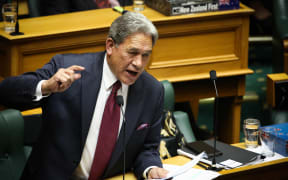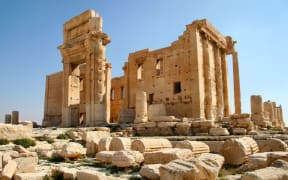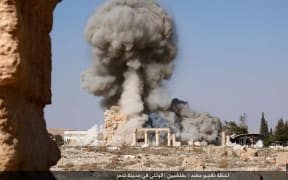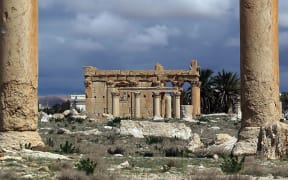There is a growing belief within the US government that the Islamic State militant group is making and using crude chemical weapons in Iraq and Syria, a US official has told the BBC.
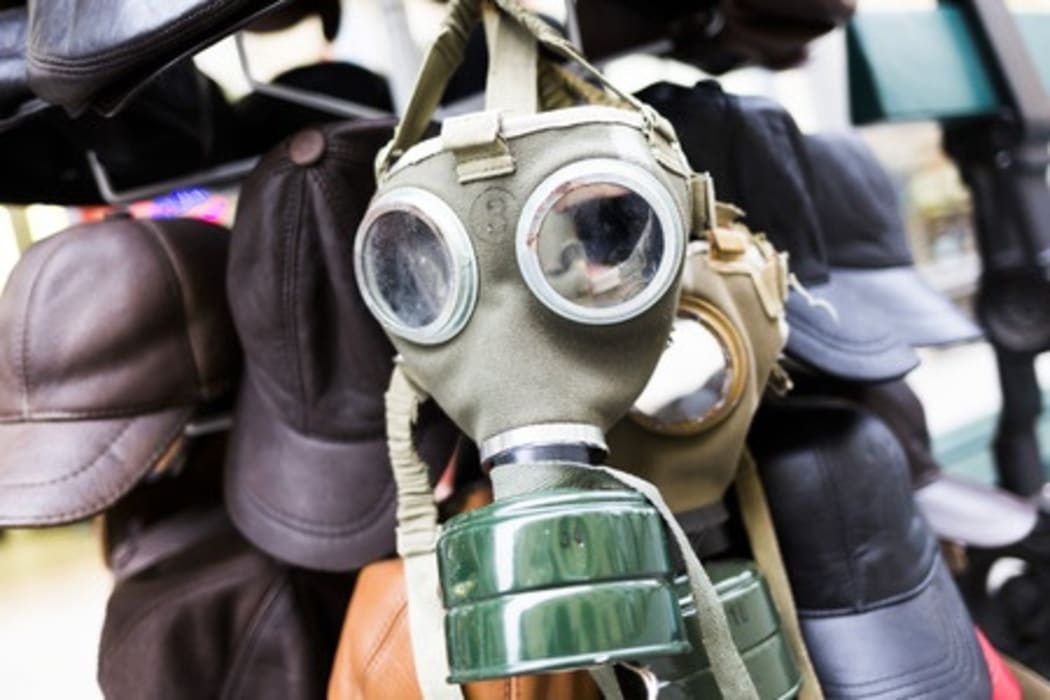
Photo: 123rf
The US has identified at least four occasions on both sides of the Iraq-Syria border where IS has used mustard agents, the official said.
The official said the chemical was being used in powder form.
A BBC team on the Turkey-Syria border has seen evidence backing these claims.
The US believes the group has a cell dedicated to building these weapons.
"They're using mustard," the individual said of IS. "We know they are."
The mustard agent was probably being used in powder form and packed into traditional explosives like mortar rounds, the official said.
"We've seen them use it on at least four separate occasions on both sides of the border - both Iraq and Syria."
When these weapons explode, the mustard-laced dust blisters those who are exposed to it.
The official said the intelligence community believed there were three possible explanations for how IS acquired the deadly chemical agent.
The most plausible in the eyes of intelligence community, according to the official, is that they were manufacturing it.
"We assess that they have an active chemical weapons little research cell that they're working on to try and get better at it," the official said.
The alternative theories are that IS militants found chemical weapons caches in Iraq or in Syria.
It is unlikely that militants found the chemical agent in Iraq, the official said, because the US military would have probably discovered it during the military campaign it waged in the country for about a decade.
The official said that militants were unlikely to have seized the chemical agent from the Syrian regime before the regime was forced to hand over its stockpile under the threat of US air strikes in 2013.
The most likely theory, the official said, was that it was being made using knowledge that is widely available, and pointed out that the mustard agent is not a complex chemical to produce.
The US government's position continues to be that it is investigating claims of chemical weapons use in Iraq and Syria, but the official speaking to the BBC said that many intelligence agencies now believe there is now enough evidence to back up these claims.
The official requested anonymity because that person was not authorised to speak about it publicly.
In recent days, the BBC's Ian Pannell, working from the Turkey-Syria border, has seen new evidence of chemical attacks being carried out in Syria - potentially by the regime and rebels.
However, Syria should be free of chemical weapons after a UN-backed deal that saw the Syrian government hand over 1,180 tonnes of declared toxic agents and precursor chemicals to the Organisation for the Prohibition of Chemical Weapons (OPCW).
That process began in October 2013, and was completed by June of the following year.
Mr Pannell noted that more than 200,000 people have died since the Syrian civil war began following anti-government protests in early 2011, but only a tiny percentage are believed to have died as a result of chemical weapons.
- BBC
